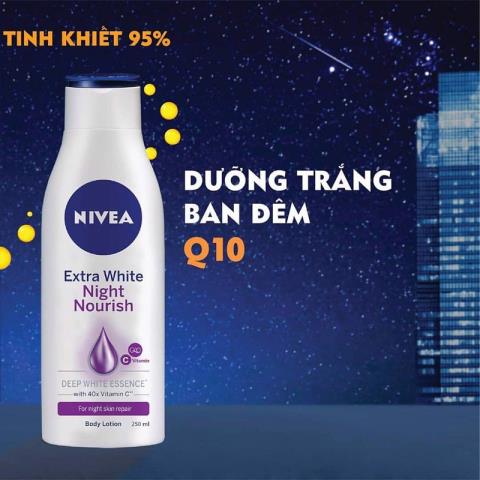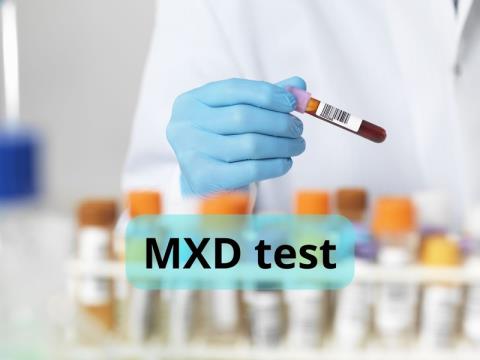For children and infants, vitamin K plays a particularly important role in the prevention and control of hemorrhage, specifically cerebral and meningococcal hemorrhage. At the same time, they can combine with calcium to help strengthen bones. However, when absorbed in excess, it can cause vitamin K toxicity.
Vitamin K poisoning is very dangerous because it can cause hemolysis, jaundice and cerebral palsy… Common manifestations of vitamin K poisoning include: Paleness, sweating, difficulty breathing, enlarged liver, and stiffness. muscle, edema, irregular breathing, decreased activity, swollen eyelids. Join SignsSymptomsList to find out right away about vitamin K and vitamin K poisoning!
What is Vitamin K?
Vitamin K is a nutrient that makes an important contribution to the liver enzyme system, helping to synthesize clotting factors such as prothrombin (factor II), and factors such as VII, IX, and X, which are elements of the vitamin group. soluble in fat, similar in structure and extremely important in blood clotting.
Vitamin K is also a nutrient that supports bone metabolism and calcium metabolism in the vascular system. If the body lacks vitamin K, the blood will not clot, leading to bleeding that does not stop if injured can lead to death.
Vitamin K nutrient plays an important role in the body
Classification of vitamin K
There are two types of vitamin K that exist naturally: vitamin K1, also known as phylloquinone, found in natural foods, and vitamin K2, also known as menaquinone, which is made from beneficial bacteria that exist in the intestines. .
There are also three known synthetic forms of vitamin K: Vitamin K3, vitamin K4 and vitamin K5. Especially in vitamin K1 and vitamin K2 natural form is not toxic, but in synthetic form vitamin K3 is toxic.
Vitamin K is often found in foods such as broccoli, celery, spinach, asparagus, cucumbers, basil, olive oil, parsley, cloves, eggs, dried fruits ...
Vitamin K exists in two forms, natural and synthetic
How is vitamin K poisoning?
Although it plays an important role in the body, excessive absorption of vitamin K will cause symptoms of vitamin K toxicity such as:
- Jaundice: Vitamin K is fat soluble, so it is mostly stored in the liver and fatty tissues. Absorption of a large amount of vitamin K will make the liver unable to fully metabolize, thereby reducing the ability to excrete and metabolize nutrients, increasing the incidence of jaundice.
- Hemolytic anemia: Many studies show that vitamin K poisoning, specifically excessive vitamin K3 intake will be the main cause of hemolytic anemia. As the rate of destruction of red blood cells is faster than the rate of creation, the cells in the body are not supplied with enough oxygen, causing symptoms of dizziness and lack of energy.
- Affects kidney function: Vitamin K helps the body promote blood clotting, so for people with acute and chronic kidney failure , when the body absorbs too much vitamin K, it will lead to poisoning. return" to the dialysis process.
In addition, the side effects of poisoning include manifestations such as enlarged liver, paleness, difficulty breathing, sweating, muscle stiffness, edema ...
For children and infants, vitamin K plays an extremely important role in the prevention of haemorrhage, specifically bleeding of the brain and meninges. In addition, they can combine with calcium to help strengthen bones. However, vitamin K poisoning is also very dangerous because it can cause hemolysis, jaundice and cerebral palsy … The type of vitamin K commonly used for infants is vitamin K1 which is naturally derived from food. The injection of vitamin K for babies right after birth because this vitamin is difficult to metabolize in the placenta, so newborn babies need to be injected to prevent brain hemorrhage.
Some measures to treat vitamin K . poisoning
To avoid affecting your health and avoid the risks of vitamin K poisoning, you should seriously follow some of the following measures:
- Stop taking vitamin K supplements.
- In case you are absorbing vitamin K in excess of the body's needs, leading to poisoning, the first thing to do is to stop taking vitamin K supplements. Also, quickly go to the nearest medical facility. for proper advice and diagnosis.
- Adjust your diet with foods rich in vitamin K.
- When diagnosed with excessive vitamin K content in your body, you should promptly adjust the amount of this nutrient in your daily diet, combine many groups of vitamins and nutrients to avoid focusing too much on foods rich in vitamins. K.
- Add foods rich in unsaturated fats.
Because vitamin K belongs to the group of fat-soluble vitamins (unsaturated fats). So providing more unsaturated fat (should be healthy fat) will convert excess vitamin K stored in the body.
 Please consult your doctor before taking additional vitamin K tablets
Please consult your doctor before taking additional vitamin K tablets
Supplementing vitamin K for the body is necessary, but choose safe methods such as absorbing vitamin K from food. In addition, do not arbitrarily use vitamin K supplements without a doctor's prescription, which will increase the risk of vitamin K poisoning !


 Please consult your doctor before taking additional vitamin K tablets
Please consult your doctor before taking additional vitamin K tablets






